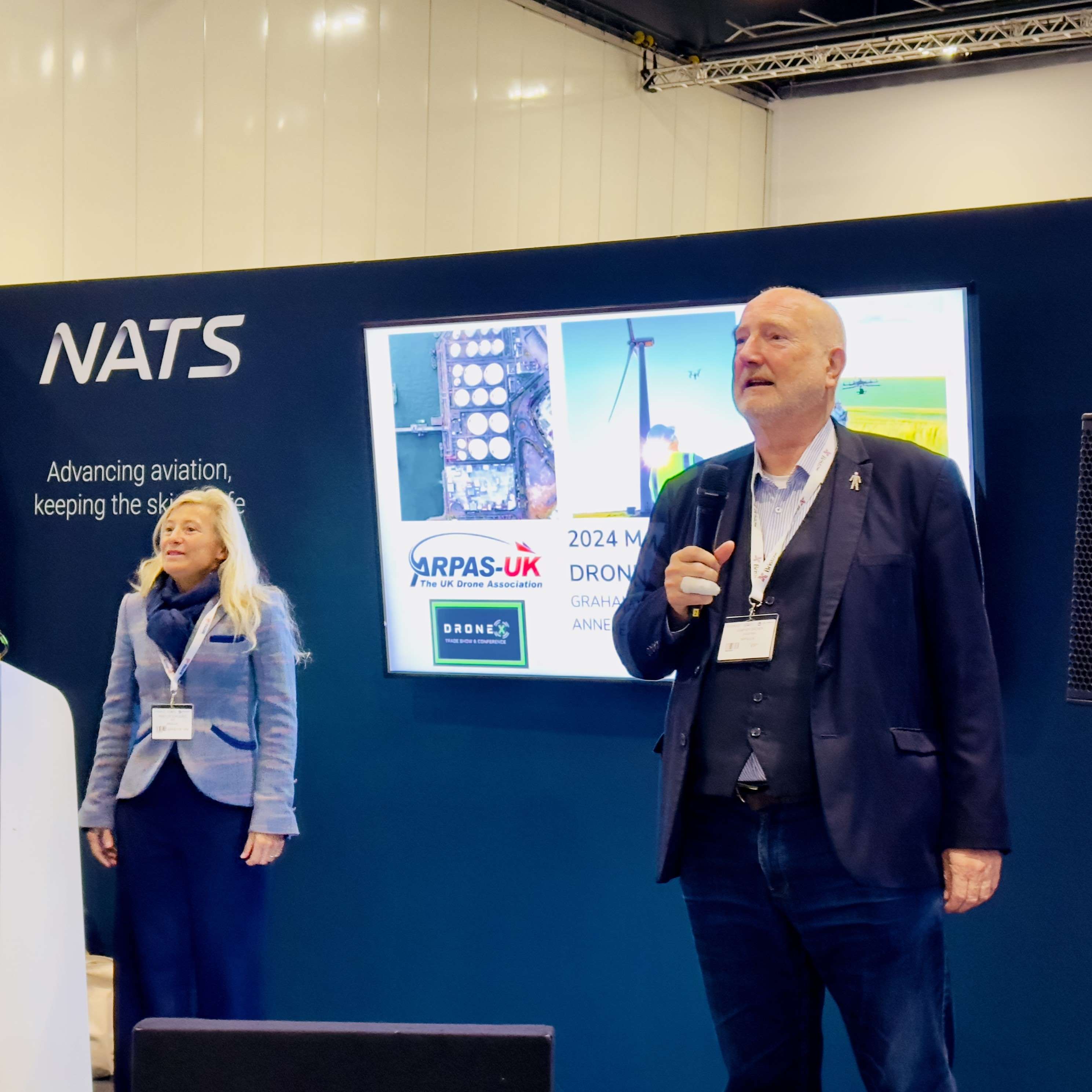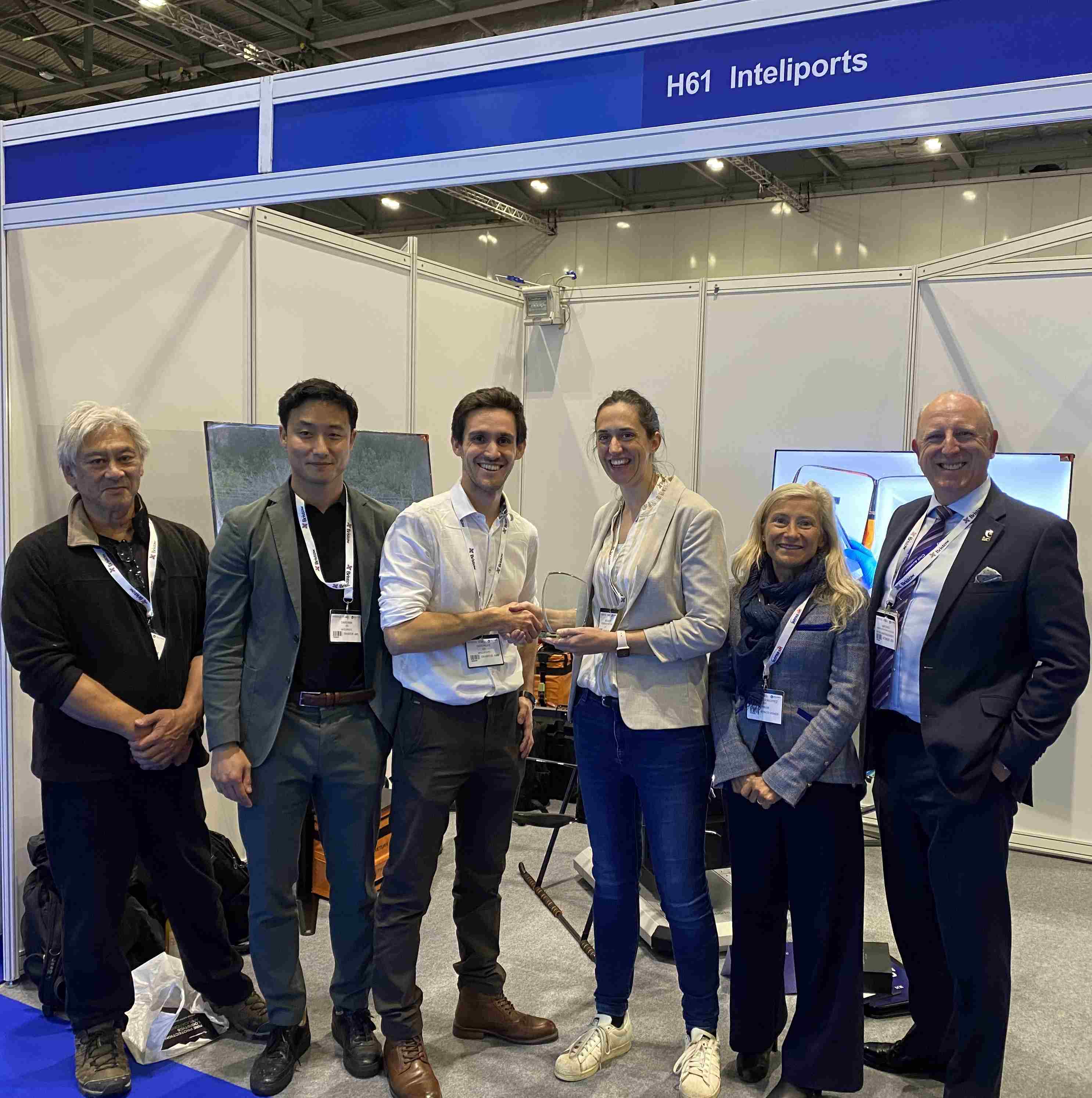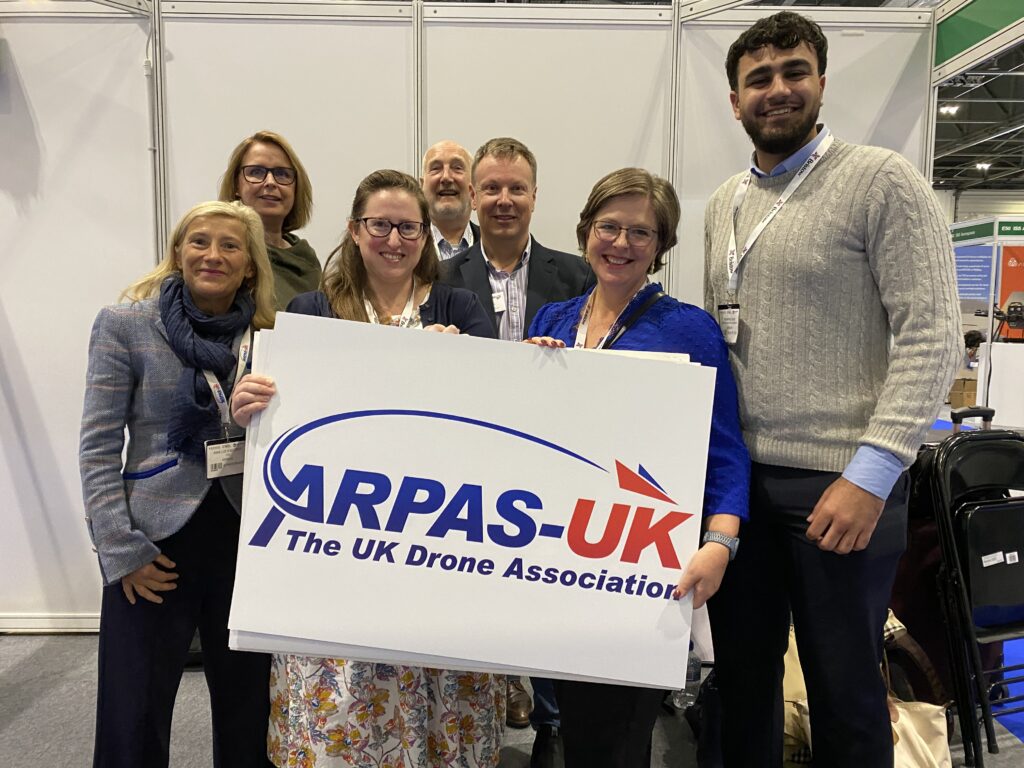

The CAA published CAP3035, its 2023 Annual Safety Review on 19 Sep 2024. Of course, the key piece of information is about incidents for aviation as a whole, including for RPAS. But what attracted our attention first was the updated numbers on the drone community, including the number of Operational Authorisation holders, representing the Specific category in the UK.
As of 30th June 2024, there are 601,980 active registered drone flyers and operators (a 17.1% increase on 2023) which consists of:
# 236,709 Active Operators: of which 7,569 are Organisations and 229,140 are Individuals
# 365,271 Active Flyers: of which 7,441 are under 13 and 357,830 are aged 13+
The CAA also has current authorisations for:
# Approximately 18,500 Active Remote Pilot Competency Qualification Holders
# 2947 Active Specific Category Operational Authorisation Holders (as of 19 Sep 2024)
# 26 Active Recognised Assessment Entities
# 4 Independent Flying Associations.
Checking odd data – Operational Authorisation holders
Upon reviewing the recently published CAP3035, ARPAS-UK noticed an inconsistency in the figure of Operational Authorisation holders, which appeared at odds with data from previous years. It was so low that it was either really bad news or an error. We promptly raised the issue with the CAA, they confirmed the error within 30 minutes and have since corrected the document.

What a show! The quality of conversations at DroneX 2024 was high with what felt like more attendees than in previous years. We certainly barely stopped, to the extent that the only photo we took of the team at the show was taken at the end of the two days and after we’d packed up!
That includes our new member of staff, Annabel, who was thrown in at the deep end somewhat, having only joined us two weeks ago. However, her background in ROV-supported subsea inspection in the oil and gas industry combined with her natural curiosity about the drone industry are already proving that she will be an asset to ARPAS-UK and our membership. Welcome on board, Annabel!
Highlights included the panel discussion moderated by Amanda Smith, Sellafield, with Sophie O’Sullivan, CAA, Vickie Murdy, UKRI, Anne-Lise Scaillierez, ARPAS-UK, and Louisa Smith, Apian, on “Unlocking Drones for UK industry: what can innovators, the regulator and government do to help?”. There was more audience than chairs in the theatre! Anne-Lise had the challenging task of sharing industry concerns


Graham Brown, Chair, and Anne-Lise Scaillierez, CEO delivered a keynote address on industry updates and ARPAS-UK activities to support the industry. Their presentation can be accessed in this password protected post – MEMBERS ONLY
Finally, Anne-Lise had the honour to be a judge together with Nicola Ridd, DfT, and Gary Smith, CAA, for the DroneX Advanced Air Mobility AAM Award. The jury delivered the AAM Award to Inteliports.


26 September 2024

ARPAS-UK is thrilled to announce the launch of a new survey aimed at its members and the wider drone industry. This is your chance to provide valuable feedback on ARPAS-UK membership and help shape the future of the trade association.
Why Participate?
Your insights are crucial in helping ARPAS-UK understand the needs and expectations of its members. By sharing your thoughts, you can influence the direction of the association and contribute to the growth and development of the UK drone industry.
How to Participate & Make Your Voice Heard!
The survey is now live and will only take a few minutes to complete.
19 September 2024

Join us as we discuss Just Culture in UAS. This webinar is part of ARPAS-UK’s commitment to professionalising the drone industry.
In this webinar, we explore how the principles of Just Culture, widely adopted in the aviation industry, can be effectively applied to the rapidly growing Unmanned Aerial Systems (UAS) sector.
Drawing on over 30 years of experience in aviation, including 27 years as an airline pilot and leader, we will discuss how fostering a culture of accountability and learning, rather than blame, can improve safety, operational efficiency, and incident management in UAS operations. Whether you’re a UAS operator, manager, or safety professional, this session will provide valuable insights into building a resilient and safety-focused organisational culture.
About the Speaker:

David Thurston Director ARPAS, A320 Captain, UAS Operator Carrot Drone Services
With 30 years of experience in the aviation industry, including 27 years as an airline pilot, I have extensive expertise in airline operations and management. My career highlights include promoting a ‘Just Culture’ within the industry and managing pilots involved in operational incidents. I also run a successful Unmanned Aerial Systems (UAS) business, specialising in inspections and mapping services.
View other ARPAS-UK webinars/cpds.

In this webinar where we will look at proactive vs reactive asset management, the key learning points are as follows:
Speaker Bio:

David Holmes, Director at InView Assets
With a Geography and GIS background David is able to offer technical solutions to complex surveys and other digital scanning challenges. Has experience of working across a range of organisations including FTSE 100 companies and large charitable organisations. David is also a Fellow of the Royal Geographical Society and makes regular contributions to the Societies outreach programme
Hillside House
Langley Marsh
Wiveliscombe
Taunton
TA4 2UJ
Tel: 0333 7722 816
Email: info@inviewassets.co.uk
Further webinars can be seen here: www.arpas.uk/cpd

The Institution of Mechanical Engineers (IMechE) UAS Challenge is an annual competition that brings together teams from universities around the world to design, build, and fly an unmanned aerial system (UAS). The challenge aims to encourage innovation and practical engineering skills among students.
The mission: ”A natural disaster has occurred with a large, populated area devasted. Several thousand people are cut-off, without power, fresh running water, food or medicines. In built-up
areas buildings have come down and rubble is hampering efforts to deliver emergency supplies. Time is critical. A UAS supply mission is launched from the Rescue Centre some distance away at the end of the current logistics trail. The UAS operate automatically, launching, transiting rapidly, navigating via pre-planned waypoints in a tight urban environment with rapid changes of direction, delivering aid safely and accurately to where it is most needed. They return via a different route and remain at low level to de conflict from incoming UAS and overflying crewed aircraft. This requires them to fly through the streets of the damaged communities – this will involve narrow corridors and rapid changes of direction. The UAS repeats the mission in all weather conditions until the need to drop aid subsides, sustaining a vital lifeline until a large scale rescue mission can be mounted to evacuate people from the devastated area.”
Education and Development Objectives of the Event
The Challenge has a number of education and development objectives, in particular to:
Provide an opportunity for students to learn practical aerospace engineering skills for their future careers;
Provide an opportunity for students to explore innovative airframe and systems engineering design of a complex system;
Require them to follow an industry-recognised engineering development lifecycle (design, development, review and demonstration) against a demanding mission requirement;
Provide an opportunity for students to develop and demonstrate team working, project management, manufacturing, leadership and commercial skills as well as technical competence;
Provide an opportunity to demonstrate professionalism when exposed to real life flight safety considerations and live flight environments;
Enhance employment opportunities in the sector;
Stimulate interest in the civil UAS field;
Foster inter-university collaboration in the UAS technology area, and to provide a forum for interdisciplinary research; and
Enable students to interact with knowledgeable and experienced aerospace engineers on an aerospace project, through mentoring, webinars and feedback throughout the project.
September 2024

It was an honour to participate in a panel discussion at Quiet Drones 2024 alongside industry leaders Marion Burgess, Joe Czech, Ed Weston (CAA), Jesse Suskin (Wings Australia), and Guillaume Malaval (EASA) on drone noise considerations.
Is drone noise and noise regulation a pressing issue today? Not really.
What about in the future?
For many data capture and aerial intelligence drone operations, noise may not be a significant concern either. Drone noise varies, if I am honest I regularly find their noise signature … annoying, however only the crew members and clients’ staff are typically nearby.
However, when we consider operations at scale in busy, populated areas—such as drone deliveries or urban transport where people are exposed to the noise regularly, perhaps even daily—noise becomes a different story. In these scenarios, being “quieter by design” will likely be a crucial success factor for market leaders. It won’t just be about meeting regulatory standards; it will be about developing a standout product that gains widespread acceptance and market traction.
ALS